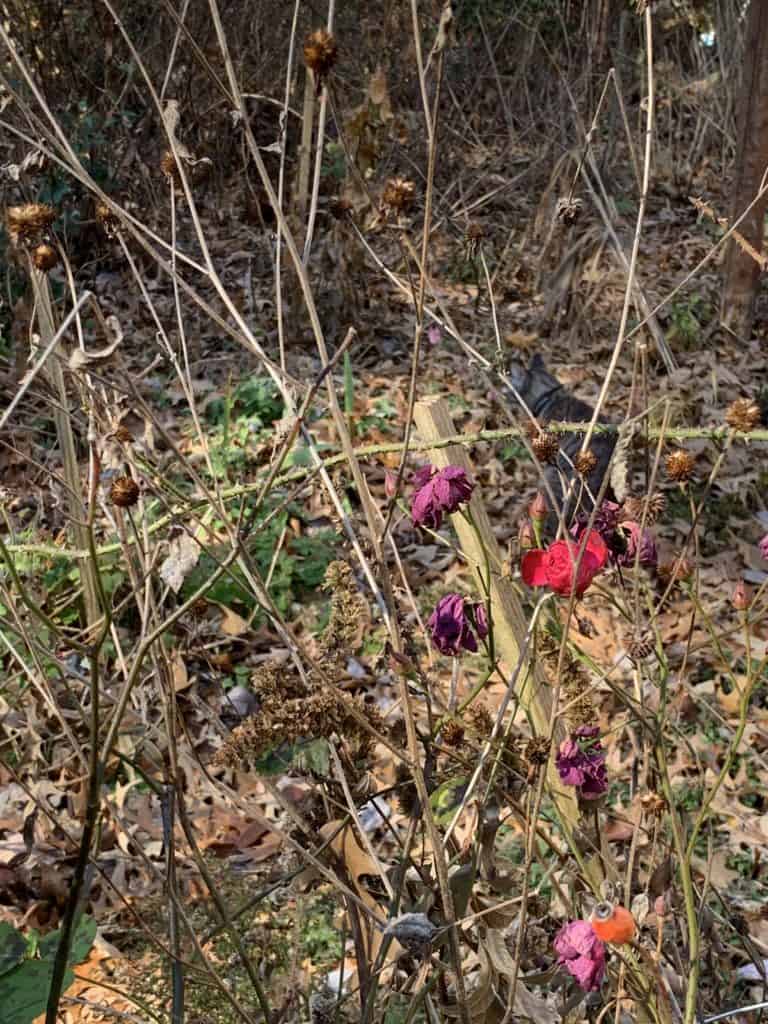Gardening for Health

Gardening Gone To The Birds
By Maria Price
Now is the time to survey your garden and decide what changes to make in the season to come. My advice when preparing your garden for winter is to not be too neat. Some people cut the seed heads of their plants back to make for a neater appearance but those seed heads can provide food for birds in the winter.
Seed heads generally are made by native plants, which enhance your landscape and make for a more ecologically sound environment. Native plants will provide nectar and pollen for pollinators, such as bees, but also provide food for birds. Our bird populations are declining due to habitat loss, insecticide use and changing climate.
According to Jo Ann Abell in The American Gardener magazine, a recently published study found a widespread decline in the acoustic diversity and intensity of natural soundscapes due to the change in bird populations in communities. An international team of researchers has been tracking changes in bird song at more than 200,000 sites over the last 25 years. These results suggest that the sound track of spring is getting quieter.
According to Doug Tallamy’s book Bringing Nature Home, we have lost an enormous number of insectivorous birds in the last 50 years due to a decline in the amount of native plants available in the environment.
The National Audubon Society has called for people to focus on creating habitat in their gardens, backyards, or balconies, using primarily native plants to provide the food, nesting materials, and shelter needed for birds to survive. To encourage birds to come to your garden, you have to provide food, shelter and water. If done properly, you can provide a consistent source of food all year long, with places to roost and nest.
Encouraging birds into our gardens will keep many insect pests at bay. Most songbirds rely on high protein from insects in early spring to feed their chicks. The parents will comb the landscape for caterpillars, cabbage worms, beetles, grubs, crickets and a host of other insects. Try attracting bluebirds, swallows, chickadees, house wrens and titmice—all insectivores—to benefit your garden.
Think about planting things that birds like to eat. Goldfinches love the seeds from black-eyed Susans, sunflowers and coneflower. Cardinals love crab apples. The Washington hawthorn provides food to robins. Be sure to avoid using chemical insecticides and plant lots of natives to help our bird populations come back singing.
